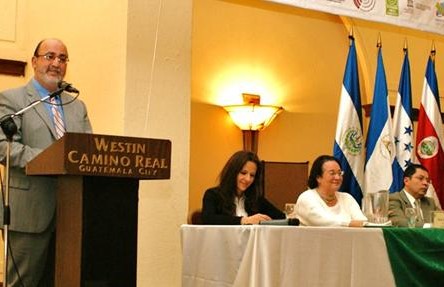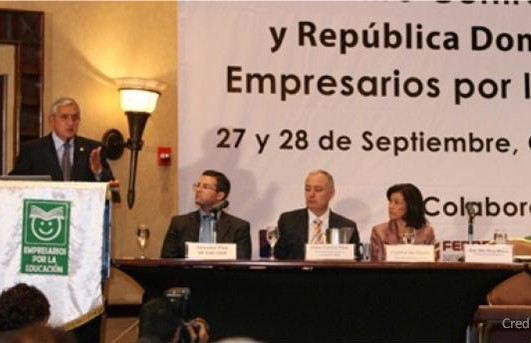PREAL International Conference 2010: Teacher Effectiveness
Summary of PREAL’s recent international conference on teacher effectiveness, held in Guatemala City.
This post is also available in: Spanish
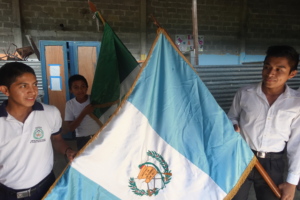
Migrants have a strong potential to transform their families and societies; the challenge is harnessing this potential. The Opportunities for My Community project explores practical ways in which various actors, including diaspora groups and remittance companies, can work effectively to support education in Guatemala.
El Palmar is a municipality in the Quetzaltenango Department in Guatemala. As of 2017, El Palmar’s population is 31,776 according to the National Statistics Institute of Guatemala. In this municipality, nearly 50 percent of residents live below the poverty line while extreme poverty affects 9.95 percent of the population.[1]
In terms of human capital development, issues such as illiteracy, low enrollment, reductions in educational quality, and low passing rates negatively affect the future workforce. Low levels of human capital have important implications for wages, economic growth, and the presence of a significant informal sector.[2] In addition, for Guatemalans, education is one of the most relevant areas to achieve sustainable development.[3]
In the town of El Palmar, achievement rates for secondary[4] reading and math are well below the national and regional standards, revealing a need to strengthen knowledge amongst youth (see Table 1 and Table 2).
A priority for government institutions has been working to extend educational coverage to counter illiteracy in Guatemala. In the town of El Palmar, illiteracy reached 17.83 percent in 2014 due to high truancy and drop-out rates.[7] Although El Palmar has educational coverage at all levels, residents argue that quality is the most important issue.[8]
In 2016, the Opportunities for My Community project organized a series of discussions in the United States with representatives of the Guatemalan diaspora, development organizations, remittance companies, and other experts to explore potential partnerships. The discussions served as a platform to create alliances with the migrant community in order to promote development in their hometowns in Guatemala.
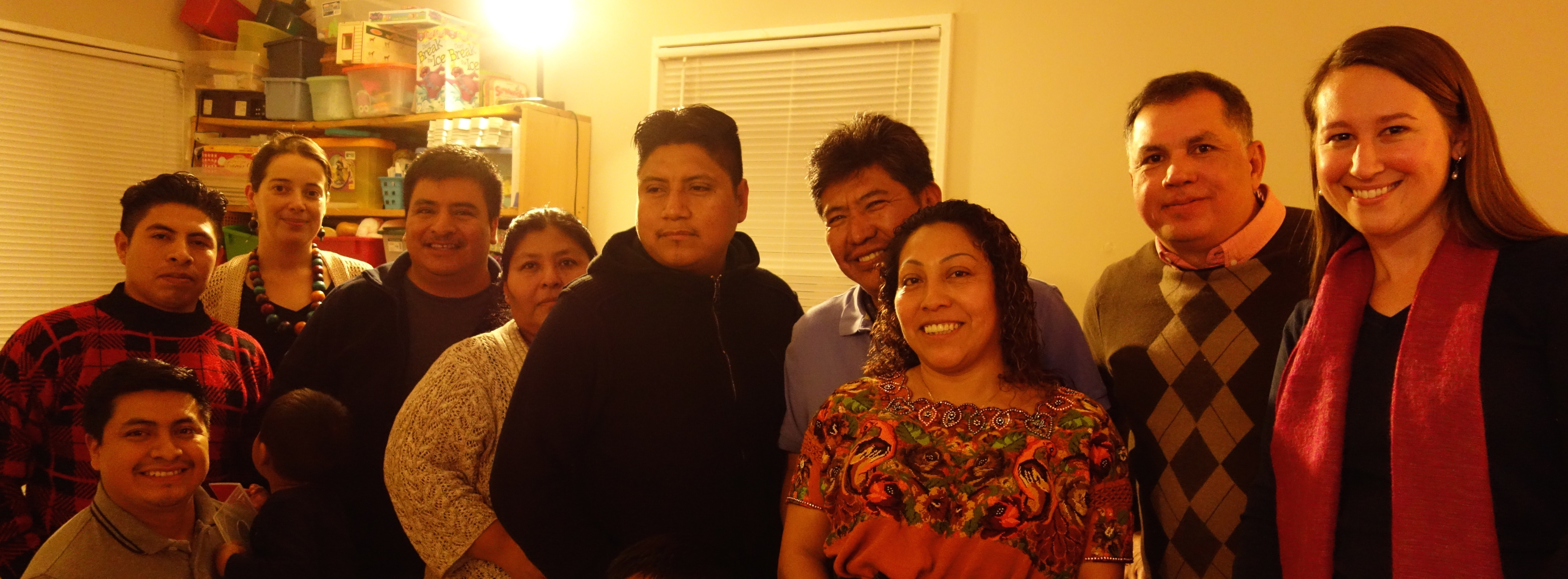
Among these groups, Unidos por El Palmar showed much interest in getting involved in the project. Unidos por El Palmar is a diaspora group based in the United States that focuses on supporting the municipality of El Palmar, the hometown of its members, through donations, strengthening youth education, and other initiatives. The president of this group says that in El Palmar “there are many smart children, but they lack many things.”
From these meetings, the Opportunities for My Community project and Unidos por El Palmar signed an agreement to jointly implement the “B’etil Diploma for the Development of Professional Skills” in their hometown of El Palmar in Guatemala. “B’etil” is a word from Mam, a Mayan language, meaning “to advance.” As such, the program seeks to develop youth skills by promoting self-confidence and determination to build their own success as well as the success of their community and their country.
This agreement establishes the roles of each partner to achieve the common goal of strengthening education and opportunities for young people. It states that Unidos por El Palmar will provide the coordination necessary for project implementation in the Guatemalan community, including arranging classroom space, promoting enrollment, and interfacing with the local educational authorities. Unidos por El Palmar provides the time of three teachers from the community. Meanwhile, Opportunities for My Community conducts training and technical assistance for teachers, provides educational materials for all students, and offers support in monitoring and evaluation so that the initiative can be adapted and improved over time.
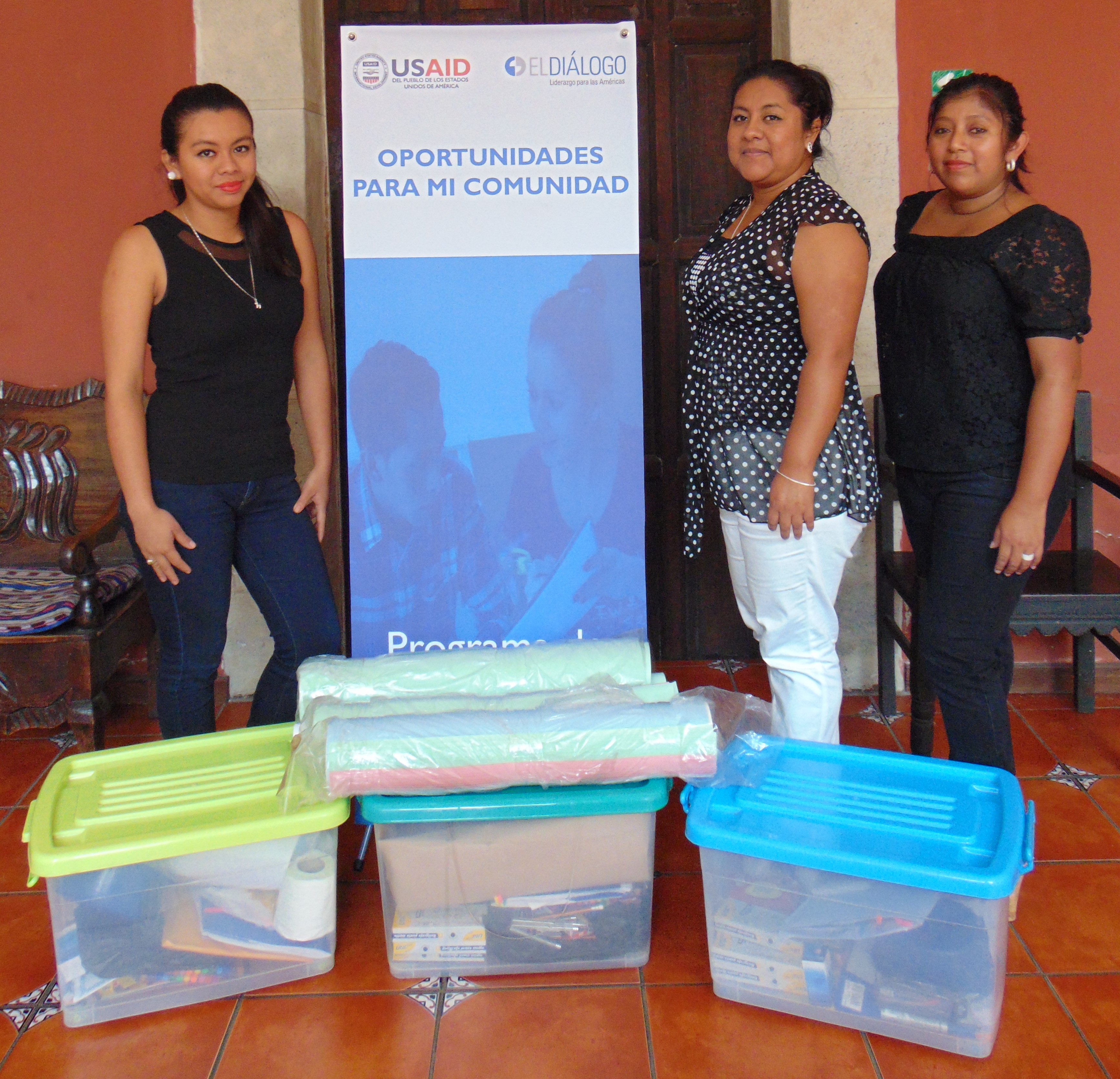
As a first step, the volunteer teachers were trained in the methodology of the program and provided with materials including teaching guides, flipcharts, student workbooks, and educational games.
With the support of the Unidos por El Palmar group, local Guatemalan teachers established the necessary alliances within the municipality to find an educational institution that would permit the implementation of the program. B’etil Diploma classes officially started at the Centro Básico NUFED No. 82 in El Palmar with 72 students enrolled in the first cohort.
A volunteer teacher expressed that “we are very excited to begin. The School Principal has given us all of his support. These young kids do not have many opportunities and we have to help them utilize their skills in order to succeed.”
The program’s objective is to allow middle school students to build skills will eventually help them integrate into the labor force in an increasingly globalized society. It builds economic and educational opportunities so that Guatemalan youth can have a better future in Guatemala, without having to leave their country to seek opportunities elsewhere. This extracurricular program offers three subject-area modules that promote an innovative, creative, and participatory approach to strengthening human capital in Guatemala. The modules are in the subjects of mathematics, communications, and entrepreneurship.
The program has not only been received well by the community, but also by the students themselves. As one of the teachers affirms, “The kids are very enthusiastic. They like the strategies and educational games we use. They tell us they like our classes because they learn by playing.”
Summary of PREAL’s recent international conference on teacher effectiveness, held in Guatemala City.
Links to agenda and media coverage of a conference on the state of the teaching profession in Guatemala.
Business and education leaders discuss business sector engagement in education reform in Latin America.

